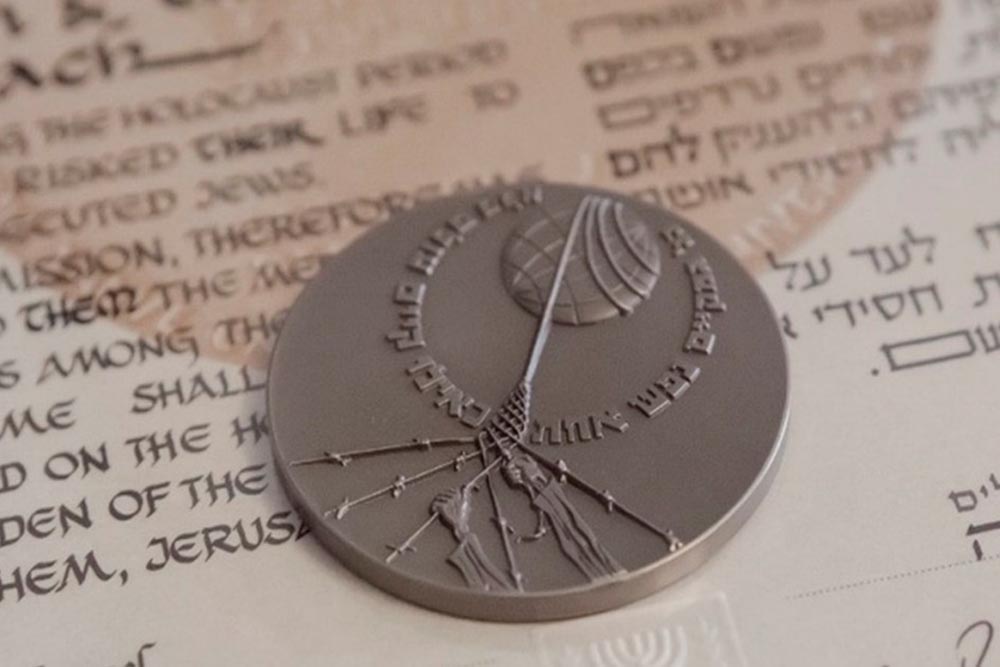Bank of Portraits / Horupai Mykhailo and Oleksandra, Bohachuk Matvii, Hanna and Tetiana

Horupai Mykhailo and Oleksandra, Bohachuk Matvii, Hanna and Tetiana
Mykhailo and Oleksandra Horupai lived in the village of Pykiv in the Vinnytsia region. During the Nazi occupation, the couple saved a Jewish girl, Khana Kvasha. She was originally from Vinnytsia, graduated from school in 1941 and was going to enter the institute, but the war prevented her plans from coming true.
When the front approached Vinnytsia, her mother sent Khana to her aunt in the village of Pykiv, hoping that it would be safer there. But everything turned out the other way around. On May 30, 1942, the Nazis began expelling the Jews of Pykiv from their homes and shooting them. The aunt asked the elderly couple Horupai to hide Khana in their home. Mykhailo and Oleksandra agreed and hid the girl for several weeks, despite constant raids. Later, the man placed the Jewish woman with his evangelical friends who lived nearby. Khana, realizing that she was putting herself and her rescuers in danger, decided to flee the village. Wandering, she reached the town of Khmilnyk, where she met relatives and lived with them for some time.
When, in July 1943, mass shootings of Jews began in the city, Khana again began to seek salvation in the countryside. She remembered the Bohachuk family of evangelists in the village of Yaniv, to whom Mykhailo Horupai advised her to turn. Matvii and Hanna were moved by the fate of Khana, who was the same age as Tetiana, their daughter. The girls quickly became friends, and their friendship lasted for many years. After the war, Khana Kvasha lived in the city of Khmilnyk, and later emigrated to Israel.
In 2001, Yad Vashem recognized Mykhailo and Oleksandra Horupai, Matvii and Hanna Bohachuk, and their daughter Tetiana as Righteous Among the Nations.
Svitlana Demchenko
Kyiv
The National Museum of the History of Ukraine in the Second World War
-
fingerprintArtefacts
-
theatersVideo
-
subjectLibrary
